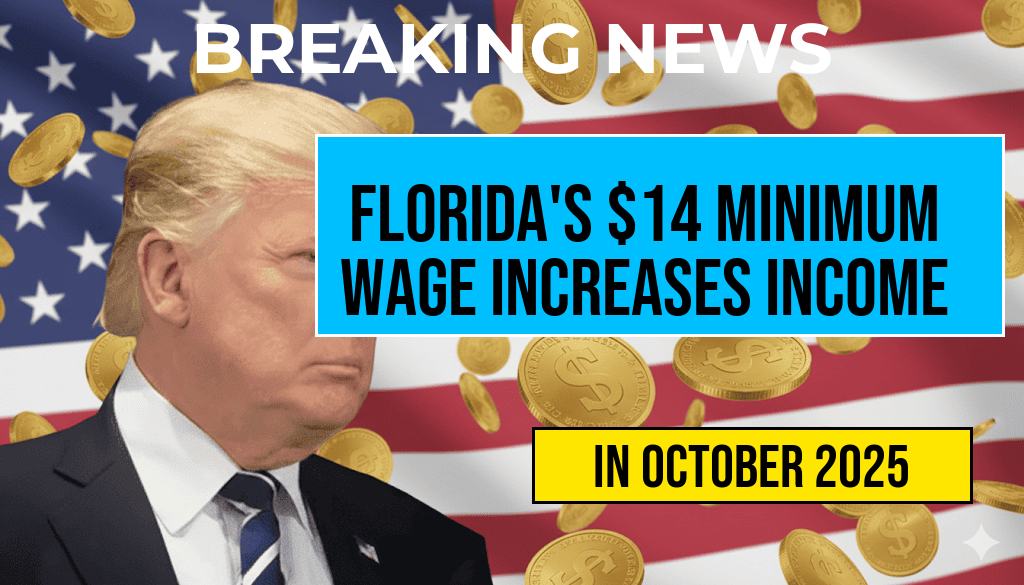Nearly two-thirds of Americans express greater concern about outliving their savings than facing death itself, according to a recent nationwide survey. This statistic underscores the growing anxiety surrounding retirement preparedness in a landscape marked by fluctuating markets, increasing healthcare costs, and uncertain Social Security futures. The survey, conducted by the Pew Charitable Trusts, reveals that 60% of respondents worry more about their financial stability in old age than the prospect of mortality, signaling a significant shift in retirement outlooks. Experts warn that this heightened fear could influence savings behaviors, retirement planning, and policy discussions aimed at bolstering financial security for aging populations.
Financial Anxiety Outpaces Fear of Death in Retirement Planning
Survey Highlights and Demographic Breakdown
| Factor | Percentage of Americans Concerned |
|---|---|
| Outliving savings | 60% |
| Facing death | 35% |
| Healthcare costs in retirement | 55% |
| Loneliness and social isolation | 40% |
The survey encompassed a diverse cross-section of Americans aged 35 to 75, revealing that financial fears are particularly acute among those nearing retirement age. Among respondents aged 55–65, concerns about depleting savings topped 70%, reflecting a widespread anxiety that their nest eggs might not last through their remaining years. Conversely, younger adults (35–44) showed comparatively lower levels of worry, though still significant at 50%. These insights suggest that as individuals approach retirement, the fear of outliving finances intensifies, often overshadowing even the fear of death itself.
Drivers Behind the Rising Financial Anxiety
Economic Uncertainty and Market Volatility
Several factors contribute to Americans’ heightened concern about financial security in retirement. The recent market volatility, driven by geopolitical tensions and inflationary pressures, has undermined confidence in traditional investment vehicles. The S&P 500 experienced notable fluctuations in the past year, prompting many to question the durability of their retirement portfolios. Additionally, persistent inflation has eroded purchasing power, increasing the cost of essentials like healthcare, housing, and prescription drugs.
Healthcare Costs and Longevity Risks
Healthcare expenses remain a primary worry. As Americans live longer, the risk of encountering chronic illnesses and requiring extensive medical care grows, raising fears that healthcare costs could deplete savings. The U.S. healthcare system is known for its high costs, and despite Medicare, many retirees face significant out-of-pocket expenses. These financial pressures contribute to the perception that outliving savings is a more immediate threat than death itself.
Changing Retirement Landscape
Traditional pension plans have largely disappeared, shifting retirement saving responsibilities onto individuals through 401(k)s and personal savings. However, not everyone has been able to accumulate sufficient funds, leaving many vulnerable to economic shocks. The lack of a guaranteed income stream in retirement heightens fears of running out of money, especially amid uncertain Social Security benefits, which face potential reforms or reductions in the coming decades.
Implications for Retirement Planning and Policy
Behavioral Responses and Savings Strategies
The survey indicates that fear of outliving savings influences financial behaviors, prompting some individuals to save more aggressively or delay retirement. Yet, others may experience paralysis, avoiding planning altogether due to anxiety. Financial advisors report a rise in inquiries about longevity insurance and annuities—products designed to mitigate the risk of outliving assets. Still, uptake remains limited partly because of misconceptions and cost barriers.
Policy Initiatives and Future Outlook
Policy experts argue that addressing this pervasive concern requires comprehensive reforms. Proposals include strengthening Social Security, expanding access to employer-sponsored retirement plans, and promoting financial literacy. The Forbes article notes that improving retirement security could alleviate some of the fears dominating Americans’ minds, ultimately fostering a more confident approach to aging.
Broader Societal Impact
Widespread concern about outliving savings could influence societal trends, including delayed retirement, increased reliance on family support, and greater demand for social safety net programs. Employers may also respond by offering more financial wellness initiatives, aiming to help employees better prepare for retirement. As life expectancy continues to rise, the importance of proactive planning becomes critical, not just for individual peace of mind but for the sustainability of national social programs.
Frequently Asked Questions
What is the main concern among Americans regarding their financial future?
According to the article, two-thirds of Americans fear outliving their savings more than they fear death, highlighting significant worries about financial security in retirement.
Why are Americans more worried about outliving their savings than death?
Many Americans are concerned about the uncertainty of longevity and the potential for insufficient retirement funds, which can lead to financial hardship later in life.
How does the fear of outliving savings impact Americans’ retirement planning?
This fear encourages many to save more diligently, delay retirement, or seek additional sources of income to ensure financial stability throughout their lifetime.
Are there demographic groups more anxious about outliving savings?
Yes, the article notes that older adults and those with lower savings tend to experience higher levels of anxiety about outliving their retirement funds.
What can Americans do to reduce their fear of outliving their savings?
To alleviate this concern, individuals are advised to plan carefully, save consistently, consider long-term investment strategies, and consult with financial advisors to create a comprehensive retirement plan.








